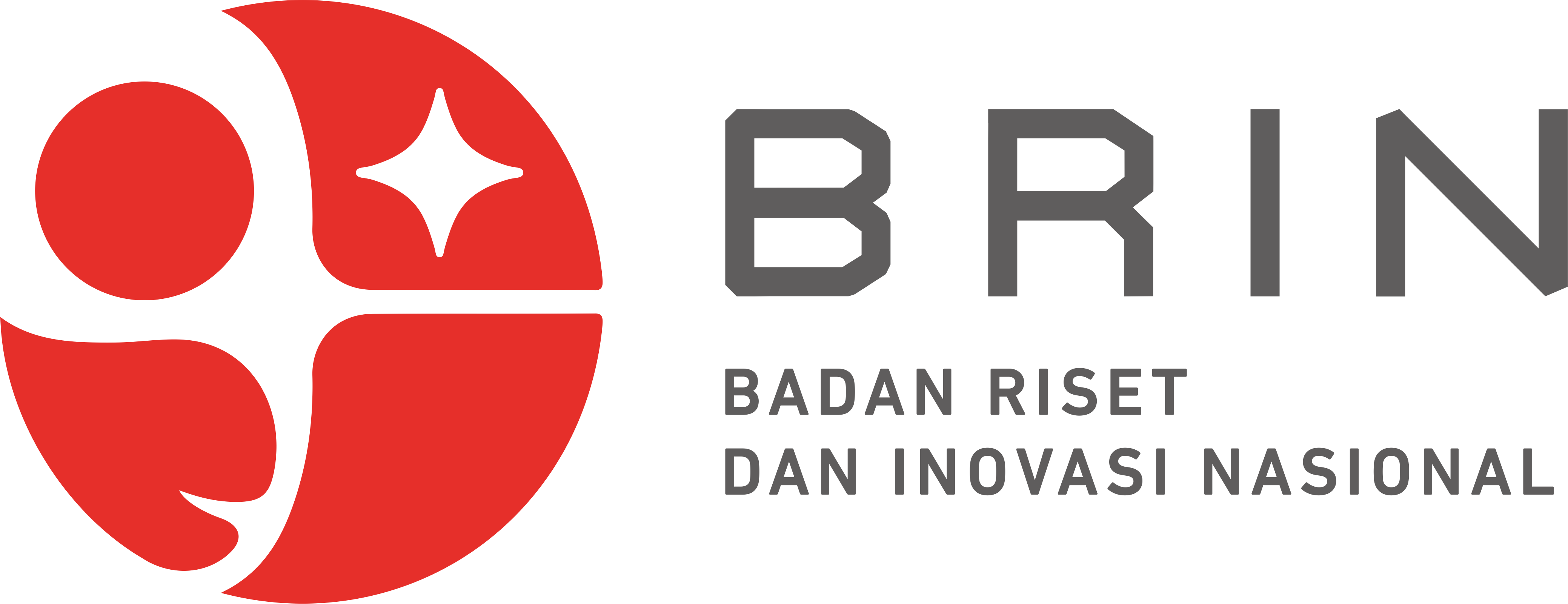Combination of YOLOv3 Algorithm and Blob Detection Technique in Calculating Nile Tilapia Seeds
Diana Tri Susetianingtias(1); Eka Patriya(2*); Rini Arianty(3);
(1) Universitas Gunadarma
(2) Universitas Gunadarma
(3) Universitas Gunadarma
(*) Corresponding Author
AbstractBaby Fish counting must be counted accurately so it will not cause any loss, especially for fish seeds or fingerlings that have a small size. Generally, people still use conventional counting methods that produce low accuracy values. This research will make a Nila Baby Fish fingerlings counter program using the YOLOv3 algorithm and Blobb detection technique. The annotation data process will use LabelImg, and the dataset training will use Google COLABoratory with the Darknet framework in an online environment. Images that will predict in this program will be called and detected with an object detector. The object with a confidence score of more than 0.3 will be converted into a blob. The blob value will be forwarded to the output layer for scaling the bounding box objects. The output of this program is the predicted image, blob value, prediction time, and the number of Nila seeds. The model performance is evaluated using a confusion matrix and got a 98.87% for accuracy score. KeywordsBaby fish; Blob;Nila; Bounding Box; YOLOv3
|
Full Text:PDF |
Article MetricsAbstract view: 443 timesPDF view: 243 times |
Digital Object Identifier https://doi.org/10.33096/ilkom.v15i2.1634.317-325 https://doi.org/10.33096/ilkom.v15i2.1634.317-325
|
Cite |
References
L. Grace and R. Van Anrooy, Guidelines for micro-finance and credit services in support of small-scale fisheries in Asia. A handbook for finance and fisheries stakeholders. In support of the implementation of the Voluntary Guidelines for Securing Sustainable Small-Scale Fisheries in. 2019.
K. K. dan Perikanan, KKP (2019) Laporan Tahunan. 2019.
K. K. B. Kemaritiman, Kemenko Maritim (2018) Laporan Kinerja.
E. A. Awalludin, W. N. A. Wan Muhammad, T. N. T. Arsad, and W. N. J. H. Wan Yussof, “Fish Larvae Counting System Using Image Processing Techniques,” J. Phys. Conf. Ser., vol. 1529, no. 5, p. 052040, May 2020, doi: 10.1088/1742-6596/1529/5/052040.
S. M. D. Lainez and D. B. Gonzales, “Automated Fingerlings Counting Using Convolutional Neural Network,” in 2019 IEEE 4th International Conference on Computer and Communication Systems (ICCCS), Feb. 2019, pp. 67–72, doi: 10.1109/CCOMS.2019.8821746.
M. Solahudin, W. Slamet, and A. S. Dwi, “Vaname ( Litopenaeus vannamei ) Shrimp Fry Counting Based on Image Processing Method,” IOP Conf. Ser. Earth Environ. Sci., vol. 147, p. 012014, May 2018, doi: 10.1088/1755-1315/147/1/012014.
J. Redmon, S. Divvala, R. Girshick, and A. Farhadi, “You Only Look Once: Unified, Real-Time Object Detection,” in 2016 IEEE Conference on Computer Vision and Pattern Recognition (CVPR), Jun. 2016, pp. 779–788, doi: 10.1109/CVPR.2016.91.
J. Redmon and A. Farhadi, “YOLOv3: An Incremental Improvement,” Apr. 2018, doi: www.fao.org/3/ca5128en/CA5128EN.pdf.
C. Geraldy and C. Lubis, “Pendeteksian dan Pengenalan Jenis Mobil Menggunakan Algoritma You Only Look Once dan Convolutional Neural Network,” J. Ilmu Komput. dan Sist.
Inf., vol. 8, no. 2, p. 197, Aug. 2020, doi: 10.24912/jiksi.v8i2.11495.
S. Armalivia, “Perhitungan Otomatis Larva Udang Menggunakan Metode YOLO,” Undergrad. Thesis, 2021.
A. R. Arganata, S. T. Rasmana, and W. I. Kusumawati, “Analisis Perhitungan Bibit Ikan Gurame Menggunakan Webcam Dengan Metode YOLO(You Only Look Once),” J. Control Netw. Syst., vol. 5, no. 1, pp. 119–125, 2016.
N. Mamdouh and A. Khattab, “YOLO-Based Deep Learning Framework for Olive Fruit Fly Detection and Counting,” IEEE Access, vol. 9, pp. 84252–84262, 2021, doi: 10.1109/ACCESS.2021.3088075.
B. P. . Pamungkas, N. Nugroho, and F. T. Anggraeny, “Deteksi Dan Menghitung Manusia Menggunakan YOLO-CNN,” J. Inform. dan Sist. Inf., vol. 2, no. 1, pp. 67–75, 2021.
E. K. Galappaththi, S. T. Ichien, A. A. Hyman, C. J. Aubrac, and J. D. Ford, “Climate change adaptation in aquaculture,” Rev. Aquac., vol. 12, no. 4, pp. 2160–2176, Nov. 2020, doi: 10.1111/raq.12427.
O. O. Ahmed and O. O. Solomon, “Effects of Catfish (Clarias gariepinus) Brood-stocks Egg Combination on Hatchability and Survival of Fish Larvae,” J. Aquac. Res. Dev., vol. s2, 2017, doi: 10.4172/2155-9546.S2-014.
L. Ambalina, What is Image Annotation? – An Intro to 5 Image Annotation Services. 2019.
J. Redmon and A. Farhadi, “Sequence Classification Using Decision Trees,” 2007, pp. 187–213.
M. F. İnkaya and H. Gurkan, “A YOLOv3 Based Smart City Application For Children’s Playgrounds,” J. Innov. Sci. Eng., Dec. 2020, doi: 10.38088/jise.813664.
A. Bochkovskiy, C.-Y. Wang, and H.-Y. M. Liao, “YOLOv4: Optimal Speed and Accuracy of Object Detection,” Apr. 2020, [Online]. Available: http://arxiv.org/abs/2004.10934.
M. Guerrieri and G. Parla, “Deep Learning and YOLOv3 Systems for Automatic Traffic Data Measurement by Moving Car Observer Technique,” Infrastructures, vol. 6, no. 9, p. 134, Sep. 2021, doi: 10.3390/infrastructures6090134.
Refbacks
- There are currently no refbacks.
Copyright (c) 2023 Diana Tri Susetianingtias, Eka Patriya, Rini Arianty

This work is licensed under a Creative Commons Attribution-ShareAlike 4.0 International License.







